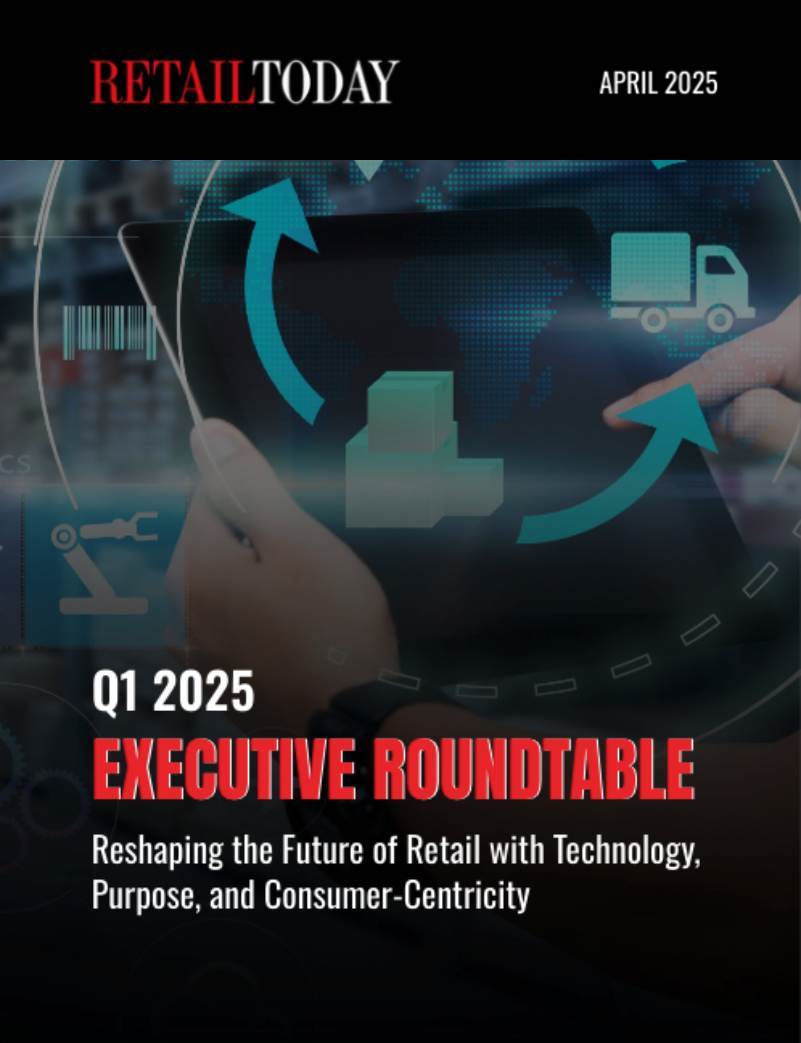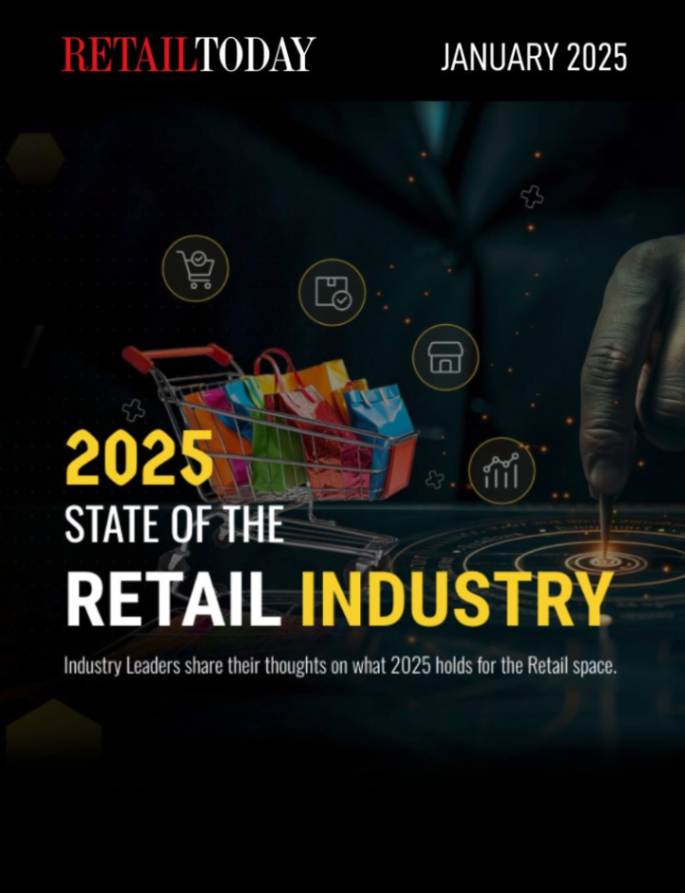
With consumers increasingly opting for shopping for groceries online, digital grocery is ripe for innovation. Beyond the instant gratification of mobile grocery ordering and the convenience of delivery apps, there’s a unique opportunity for grocers to take stock of the products customers gravitate towards — whether that’s their weekly kitchen staples or a new snack that becomes a repeat purchase — and make it easy for them to locate what’s most relevant to them. Effective personalization strategies can help shoppers quickly find the food products that they love and want to include in each grocery haul based on their individual tastes — both figuratively and literally
In the past, retailers have struggled to deliver relevant recommendations for taste-based products. They’ve often failed to put the right items in front of the right shoppers because they don’t understand each individual’s unique taste and interests. The good news is that there is technology that can recognize patterns in behaviors to identify taste-based preferences, which can give online retailers all the information they need to provide ultra-tailored recommendations to each customer.
The benefits of using personalization technology in online grocery are twofold: 1) convenient and efficient shopping experiences; and 2) new product discovery (outside of the usual weekly staples).
For those with hectic schedules, online grocery shopping is a more convenient option than spending time at the store. But unless you know exactly what you want, it can be even more frustrating to sort through items online without being able to physically walk up and down aisles. It’s counterintuitive. Online grocery stores can take advantage of personalization by delivering recommendations based on the items being added to customers’ digital carts, so they don’t have to think about what they need next or where to find it. For example, if you add a chicken breast, the store might be able to recommend different seasonings, side dishes, or other foods that complement it. It’s the ultimate bundle opportunity.
What’s more, using personalization strategies in online grocery can help shoppers discover new food items they might not have thought to try otherwise. We often get into routines of buying the same foods and brands that we already know we like, so we don’t necessarily look at new products or try to branch out. With online grocery shopping powered by personalization tech, however, stores can see what shoppers are clicking on or adding to their carts, then recommend products they might accordingly like. These recommended items might become their new favorite food or brand, which increases the likelihood of them coming back for it the next week, the week after, and so on.
Grocery is ready for disruption and discovery. By incorporating the right strategy and technology, personalization can completely transform what was once a mundane and daunting task and make for more efficient and delightful grocery shopping experiences.
Alexandre Robicquet is a Stanford scholar, A.I. researcher, entrepreneur, speaker, spirits business owner, and co-founder and CEO of Crossing Minds. An expert in artificial intelligence and human behavior prediction, Alexandre earned his first two Master’s degrees in Mathematics and Machine Learning at the age of 23 from ENS Paris Saclay, with his first international research paper published at just 21 years old. Alexandre’s work has been published in Forbes, Nature, and the N.Y. Times.
He held two 4-year positions as a Ph.D. student and researcher under Pr. Sebastian Thrun (founder of Google X), and received his third Master’s degree in A.I. at Stanford University. Alexandre dropped out from this Ph.D. to found Crossing Minds alongside his former professors, Dr. Emile Contal and Pr. Thrun, to empower businesses to deploy the most relevant recommendations for their customers. As CEO of Crossing Minds, Robicquet works to make A.I. more accessible for businesses, protect consumer data privacy, and build the most efficient A.I. to improve the way consumers discover products and content they love.






